Let's Get A Paddle Cleanup - Water Pollution and SUP
Table of Contents
1.River Water Pollution
2.Causes of Water Pollution
3.Impacts
4.SUP River Clean
It is no exaggeration to say that water is the source of all living- things because there can be no life on earth without water. It’s pretty obvious that having adequate water in our body is critical to nearly every part of it. Although that around two-thirds of the world is made up of water, there is only a very small amount of fresh water that can be used directly by people, animals and plants. And yet the precious water resource is being destroyed!

What Is Water Pollution?
River pollution happens when harmful substances enter water bodies such as lakes, rivers and oceans, which easily causes the contamination of water resource and potentially make it toxic, as water is a universal solvent that can dissolve all these substances which are in the water, suspend in the water or deposite in the bed.
What Are the Causes of Water Pollution?
When 70% of the Earth's surface is covered with water, only 2.5% of the Earth's water is fresh, and that includes the interesting fact that about 70% of industrial waste is dumped into the water and 80% of water pollution is caused by domestic sewage. There are many causes of water pollution. Below, let's focus on four of the major ways that water can become polluted.
Industrial Waste
Industries and industrial sites around the world are a major cause of water pollution, which produce waste in the form of toxic chemicals and pollutants and, despite regulation, some still do not have adequate waste management systems. In rare cases, industrial waste that is not properly treated (or worse, not treated at all) is dumped into nearby freshwater systems and can easily contaminate them.
Industrial waste from agricultural sites, mines and manufacturing plants finds its way into rivers, streams and other bodies of water and directly into the sea. The toxic chemicals in the wastes produced by these industries not only have the potential to render water unfit for human consumption, they can also cause temperature changes in freshwater systems, making them dangerous to many aquatic organisms.
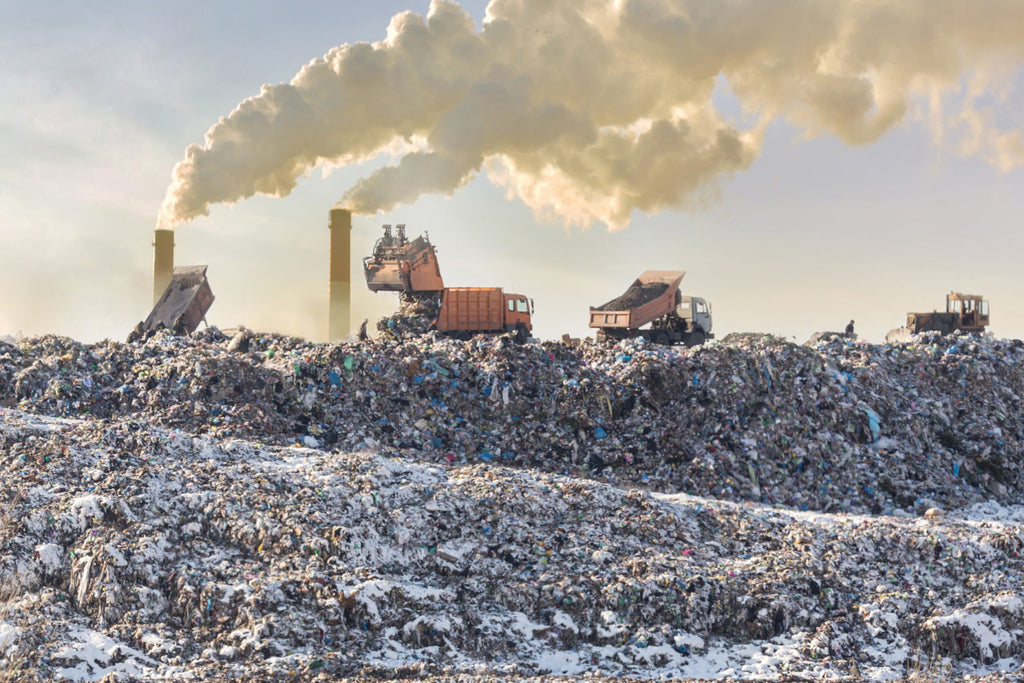
Sewage and Wastewater
Even when sewage and wastewater are treated, harmful chemicals, bacteria and pathogens can be found. Sewage and waste water from every household are discharged into the sea along with fresh water. Pathogens and bacteria found in wastewater breed disease and are therefore a cause of human and animal health problems.
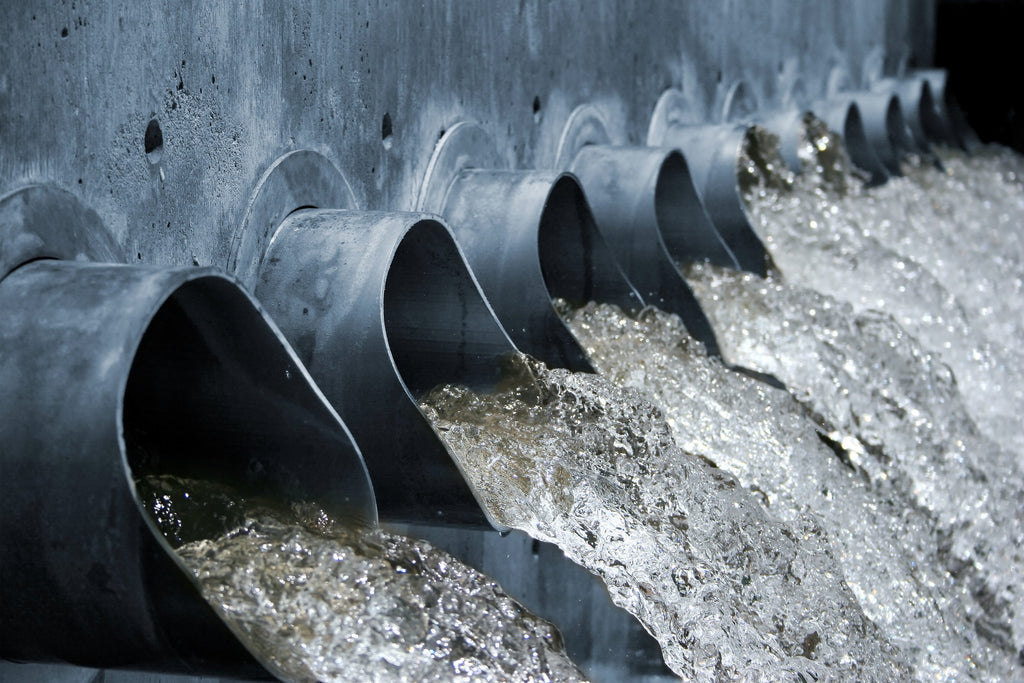
Agriculture
To protect their crops from bacteria and insects, farmers often use chemicals and pesticides. When these substances leach into groundwater, they can harm animals, plants and people. In addition, when it rains, these chemicals mix with rainwater and then run off into rivers and streams, where they filter into the ocean, causing further water pollution.
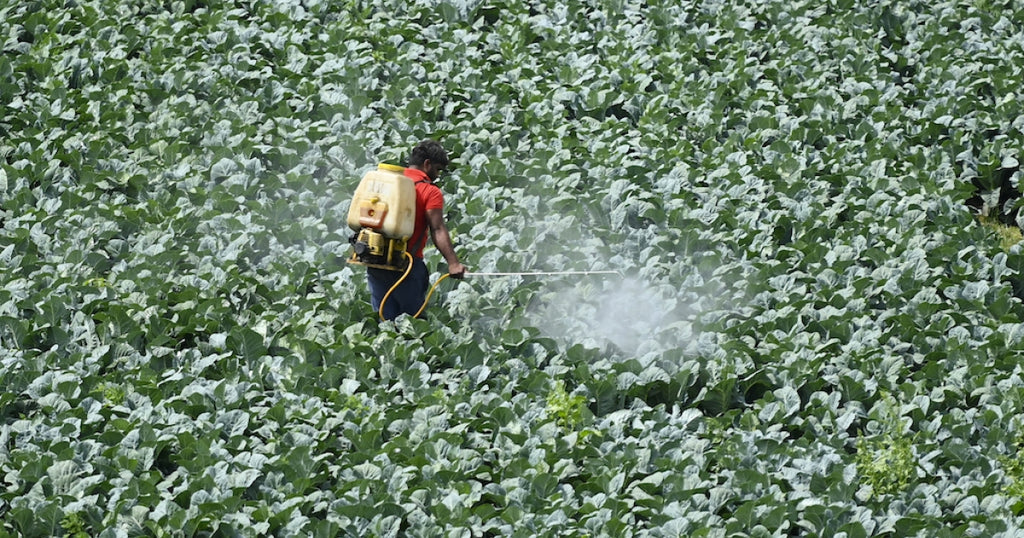
Global Warming
Rising temperatures caused by global warming are a major concern in terms of water pollution. Global warming causes water temperatures to rise, which can kill aquatic animals. When mass die-offs occur, it further contaminates water supplies and worsens the problem.
There are many everyday ways you can help reduce global warming, which in turn helps reduce water pollution. These include recycling, carpooling and using energy-saving light bulbs in the home.
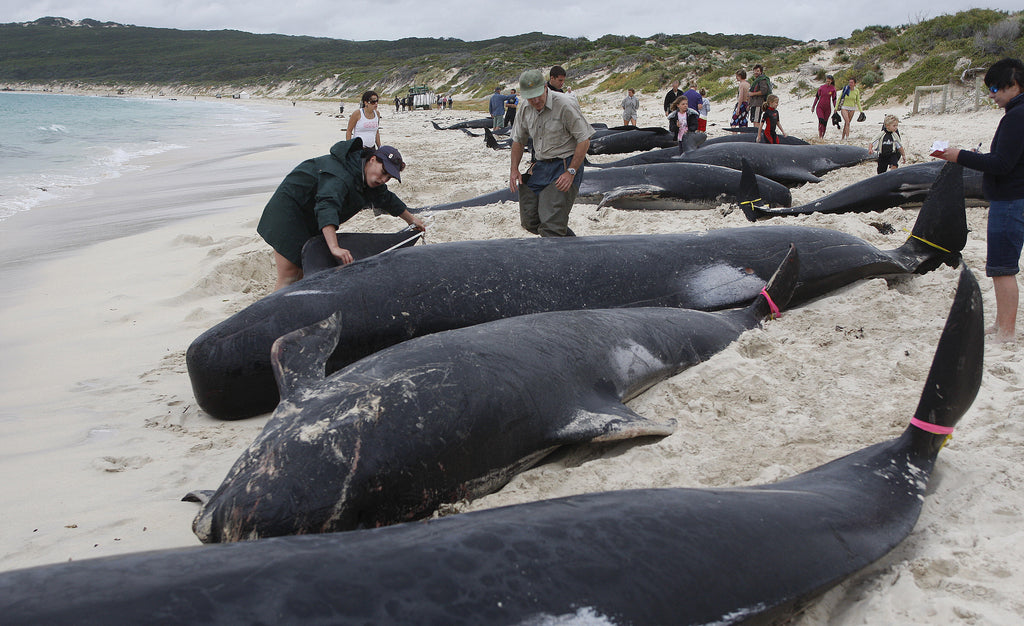
What Are the Effects of Water Pollution?
In recent years, the issue of water pollution has increasingly become the global headlines. Water pollution is a serious problem all over the world, from unsanitary facilities in the third world to the Great Pacific Garbage Patch in the ocean. Let's take a closer look at how polluted water affects the environment.
Depletion of drinking water supplies
As a resource on which we depend for survival, it would be logical to give priority to the safety and sanitation of drinking water supplies. This is especially true given that the Earth's population continues to grow at an alarming rate, which means that more water reserves will be needed in the future. Unfortunately, the pollution of our lakes, reservoirs and other waterways means there is less drinking water available for us to use.
Public health and waterborne diseases
If drinking water supplies cannot meet demand, people will be forced to consume unsafe sources of drinking water. This is especially true in poor regions such as Africa, Asia and Latin America; Overall, the United Nations estimates that about one third of people lack access to this most basic human right and resource.
A study published in 2017 claimed that "contaminated water transmits gastrointestinal diseases and parasitic infections, resulting in 1.8 million deaths" (these are also known as waterborne diseases).
Every year, 15 million children under the age of five die from diseases caused by drinking contaminated water. On average, 250 million people die each year from diseases caused by contaminated water, while, according to the World Health Organization and UNICEF, almost 2.5 billion people lack access to valuable health conditions.
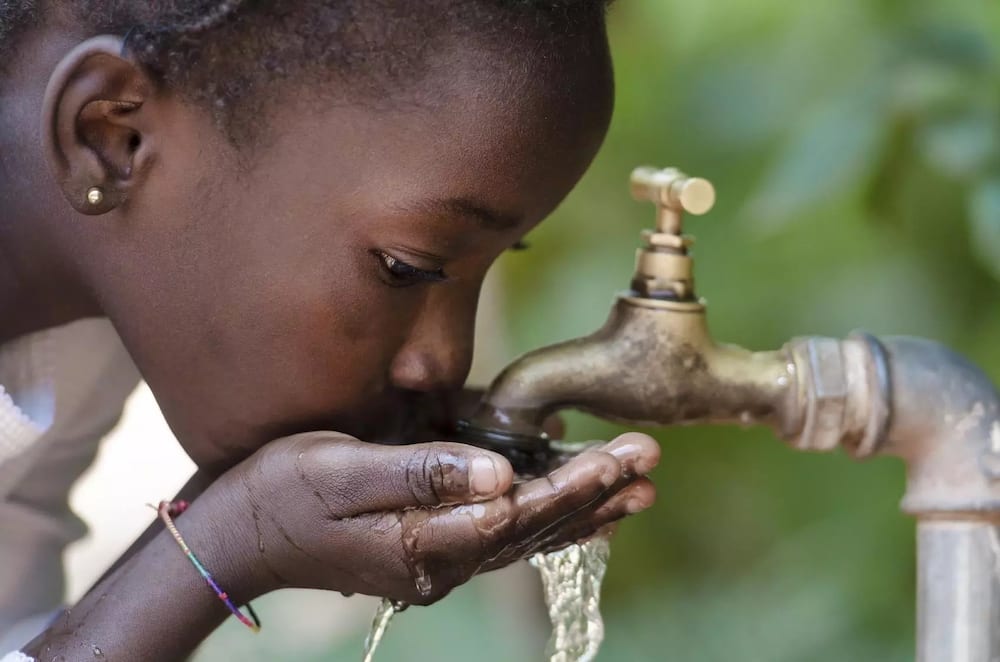
Eutrophication from nitrogen pollution
Nitrogen pollution (a form of water pollution that adds excess nutrients to the water) can lead to eutrophication, especially in lakes. Eutrophication refers to an increase in the concentration of chemical nutrients in an ecosystem, which increases the primary productivity of the ecosystem to a certain extent.
Depending on the degree of eutrophication, negative environmental effects such as hypoxia (oxygen consumption) and severe reduction in water quality may subsequently occur, affecting fish and other animal populations.
Agricultural products such as fertilizers and pesticides contain higher levels of ammonia and phosphate, which can increase crop yields. However, these nutrients can get into streams, lakes and other waterways through runoff, which can throw fragile aquatic ecosystems out of balance.
This triggers eutrophication, where certain organisms (such as algae) can multiply and consume more than their fair share of oxygen and sunlight, depriving others of these vital resources in the process.
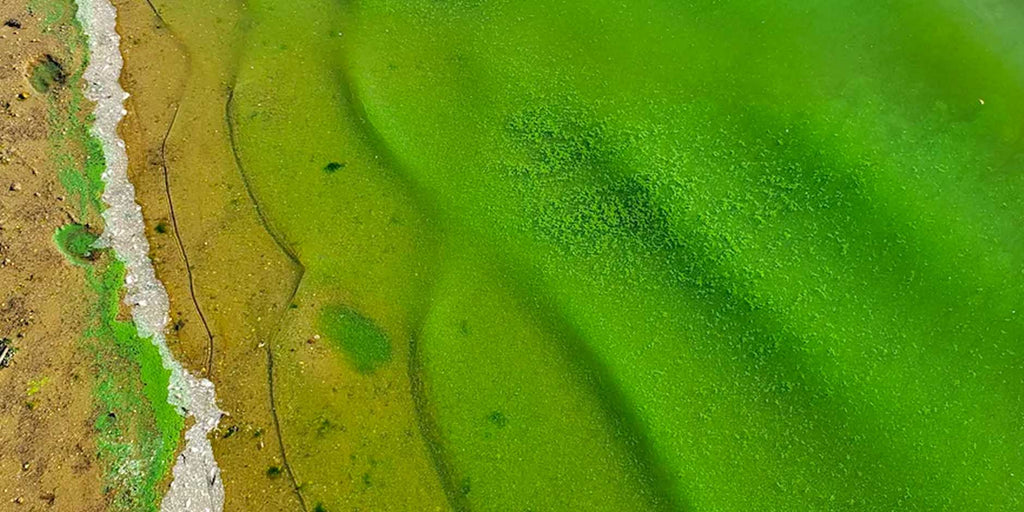
Ocean acidification
Ocean acidification is another effect of water pollution. Ocean acidification is a sustained drop in the pH of the Earth's oceans, caused by the absorption of carbon dioxide (CO2) by the atmosphere.
Ocean acidification reduces the amount of carbonate, a key component of seawater. This makes it more difficult for Marine organisms, such as corals and some plankton, to form their shells and skeletons, and existing shells may begin to dissolve.
Let’s Plan a SUP River Clean!
It's important for us to be aware of how our actions affect our planet. With 165 million tonnes of plastic floating in our oceans, and 9 million tonnes being added every year, we must act now.
What To Prepare
Garbage Collection Container - A large bag or bucket can be placed in the front or back of the stand up paddle board for easy collection of garbage or debris or plastic bottles
Litter Picking Tools - Try to borrow some litter picking tools to make picking up litter in fast-moving water much easier and within reach.
Heavy Gloves - Not all garbage is safe, you will come across broken bottles, perhaps toxic substances.
With Partners - It's more fun (and efficient) to get a group of friends together and pick up litter in a group.
Get A Plan - Make a plan for garbage disposal. Is there a recycling plant nearby where you can properly dispose of your loot? Tell your local SUP club to see if they organise a clean ocean/river/lake, if not, suggest it!
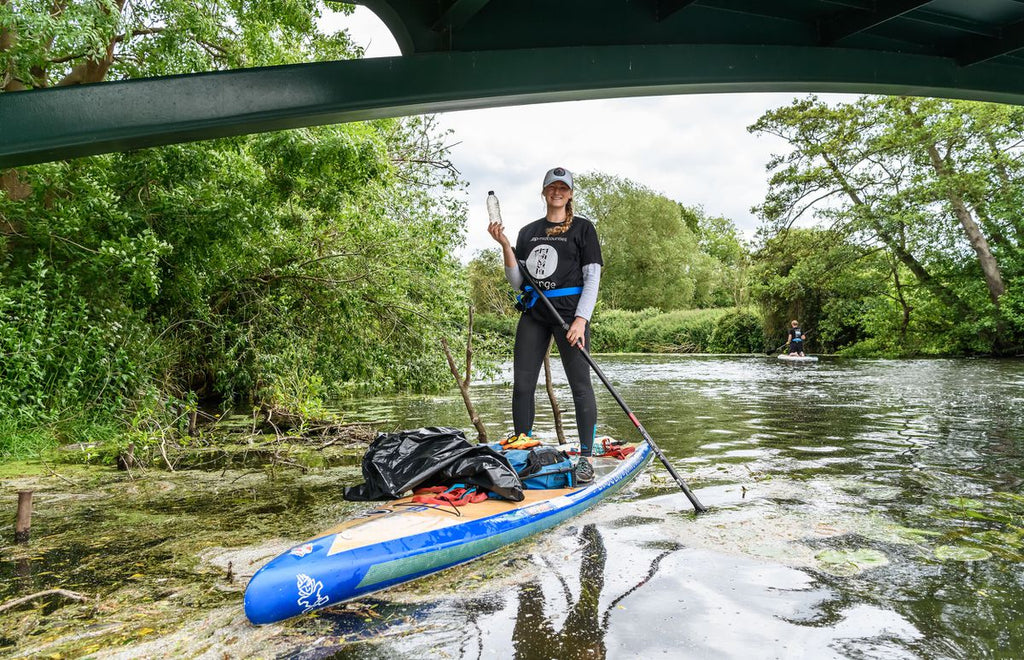
Let it become a habit to use your paddle board to clean up trash and clutter. So why not do something for the environment during the holidays? You'll be happy.











Leave a comment